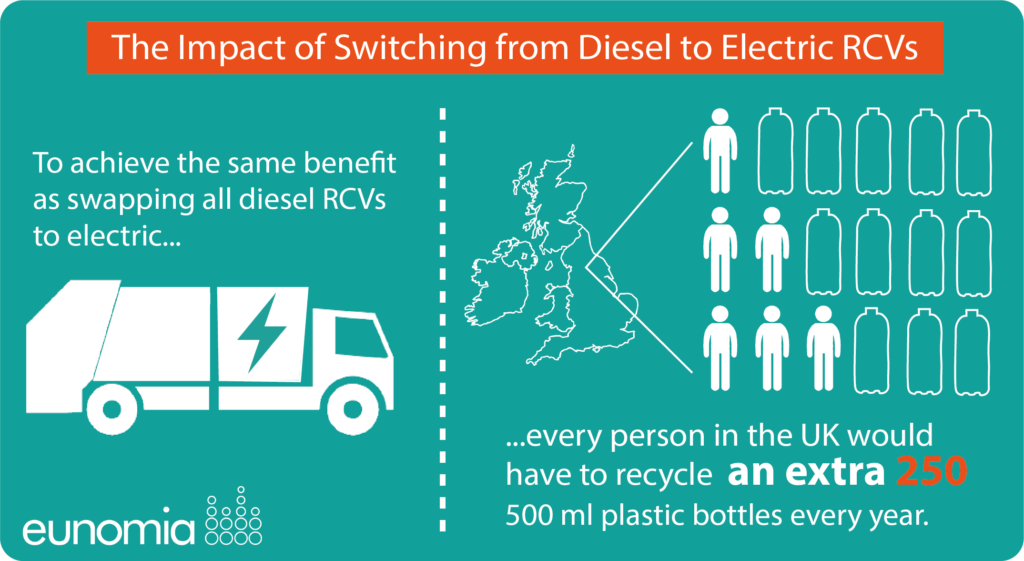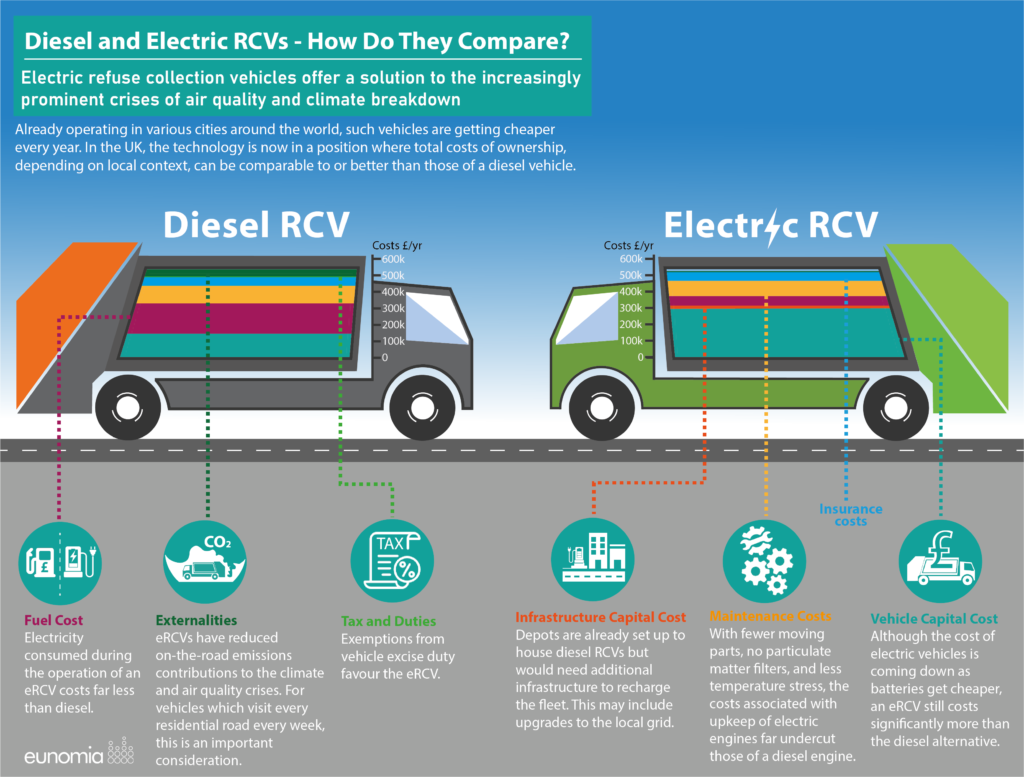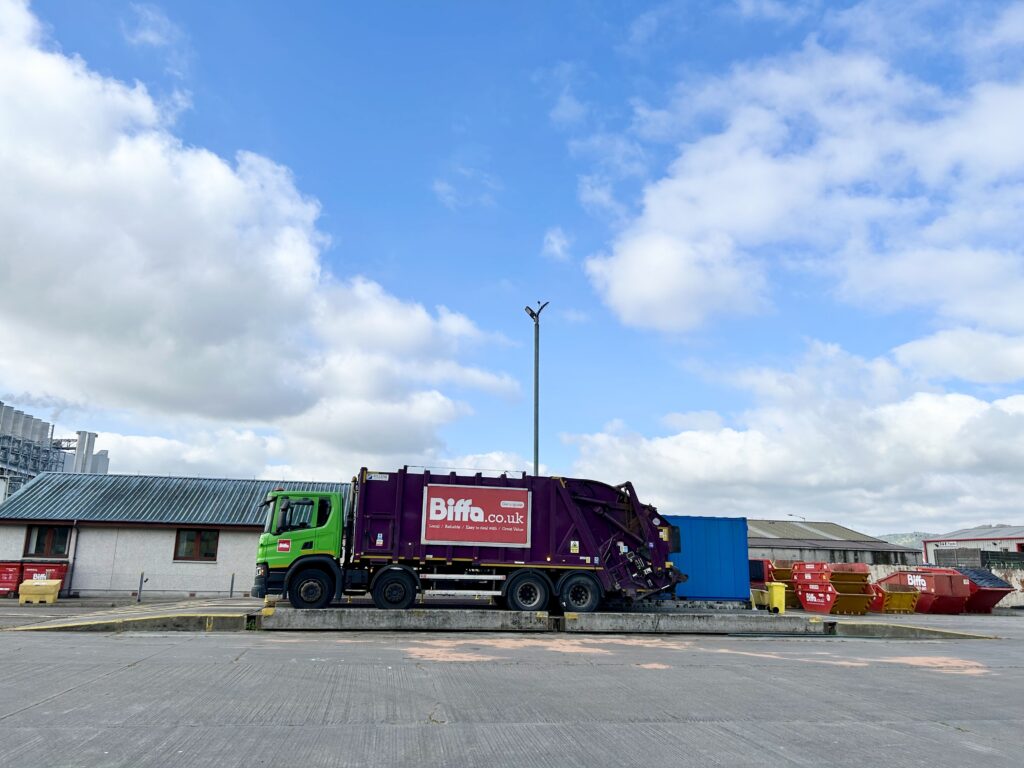In a report, published today (27 January) and titled Ditching Diesel – A Cost-benefit Analysis of Electric Refuse Collection Vehicles, Eunomia explained that a switch to electric trucks would reduce greenhouse gas emissions from burning diesel and improve air quality, while also saving money.

Tanguy Tomes, report author, said: “With RCVs visiting almost every street in Britain on a weekly basis, they are a significant part of our current carbon intense society.
“Local authorities are looking for ways that they can reduce their contribution to the climate crisis and eliminating the huge amount of carbon released on a daily basis by diesel RCVs is a logical, and now financially viable, step.
“We hope that our research will help local authorities to build a solid business case for the urgent change that is required: with a reduction in greenhouse gases, harmful air emissions and noise, and with financial savings becoming more likely, the case for eRCVs is becoming compelling.”
Eunomia researchers interviewed operators and manufacturers from the UK and further afield and reviewed existing operations and research.
In the UK the City of London is the first area to start the process of implementing a fleet of eRCVs, the report said, though globally they are used in Bilbao, Courbevoie, Kawaski, Sacramento, Indaiatuba, Frederiksberg and Auckland.

Air quality
With eRCVs not burning fuel directly, there are no exhaust fumes, leading to reduced emissions of nitrogen oxide and of particulate matter.
The research estimates local authority RCVs emit approximately 330 kilotonnes of carbon dioxide-equivalent per annum (ktCO2e/yr).
It says replacement eRCVs would produce only 40 ktCO2e/yr, a carbon saving equivalent to every person in the UK recycling an extra 250 plastic bottles each year, as illustrated below.

The report claims greenhouse gas emissions savings would become greater as grid electricity decarbonised in the future.
It also says electric vehicles are quieter than their diesel equivalents, thus reducing noise pollution and improving the working environment for collection crews and communities.
Cost
According to the cost benefit analysis in the report, though capital costs associated with eRCVs are greater than diesel vehicles and the relevant infrastructure would need to be established, this initial outlay would be justified by operational savings.
There are lower running costs and the expenditure councils need to clean up the environmental damage caused by diesel vehicles is eliminated.
The research also highlights that funding and investment for ‘cleaner’ operations is becoming more widely available.

Battery
However, it notes current problems obtaining comprehensive, long-term battery warranties may be off-putting for some.
The report says operational ranges of around 100 miles and six to nine hours between charges have been achieved, with some examples of vehicles being double shifted.
Recharging times are said to vary depending on the charging infrastructure and the vehicle’s battery capacity, but typically range from three to six hours.
The full report can be read here.









Subscribe for free